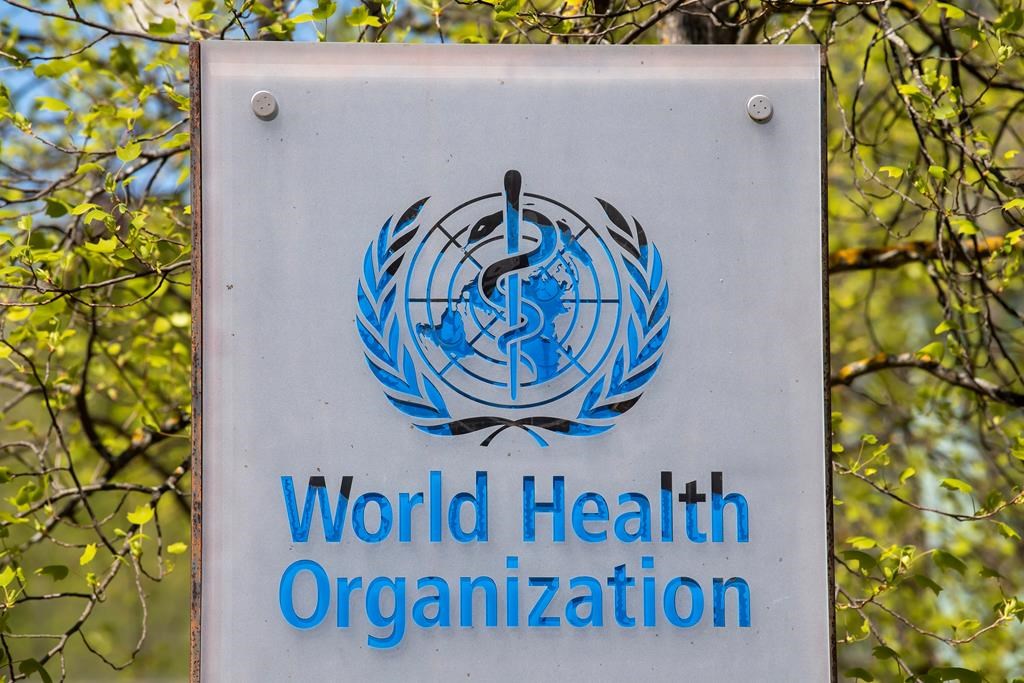As children and adolescents are at lower risk of severe COVID-19 disease, countries should prioritize adults and sharing vaccine doses with the COVAX program to bring supplies to poorer countries, the World Health Organisation said on Wednesday.

Some rare cases of heart inflammation called myocarditis have been reported in younger men who received vaccines based on mRNA technoloy – Pfizer BioNtech and Moderna – but these were generally mild and responded to treatment, it said.
Although that risk had not been fully determined, it was less than the risk of myocarditis linked to SARS-CoV-2 infection, it said.
The WHO’s interim guidance was issued as more regulatory agencies authorize certain vaccines for use in children, including the United States, China, European Union, India and Israel, and most recently Canada last week.
“As children and adolescents tend to have milder disease compared to adults, unless they are in a group at higher risk of severe COVID-19, it is less urgent to vaccinate them than older people, those with chronic health conditions and health workers,” the WHO said. Children can experience “long COVID-19” with prolonged symptoms but this was still under investigation, it said.


Get weekly health news
Several risk factors for severe COVID-19 in children have been reported including older age, obesity and pre-existing conditions including type 2 diabetes, asthma and heart disease, it added.
Maintaining education for all school-aged children should be an important priority during the pandemic, although transmission mitigation measures might be needed in schools, the WHO said.
Given vaccine supply constraints, immunization programs should focus on protecting groups at high risk of hospitalization and death, the WHO said.
“As many parts of the world face extreme vaccine shortages, countries with high coverage in at-risk populations should prioritize global sharing of COVID-19 vaccines before vaccinating children, adolescents,” it said.
(Reporting by Stephanie Nebehay; Editing by Jon Boyle and Alex Richardson)
- Head-Smashed-In Buffalo Jump heritage site enjoys boost after shout out on ‘The Pitt’
- What is Nipah virus? What to know about the disease as India faces outbreak
- Pizza Pops contaminated with E. coli tied to 7 hospitalizations, data shows
- Pizza Pops E. coli recall grows as roughly a dozen products now hit








Comments